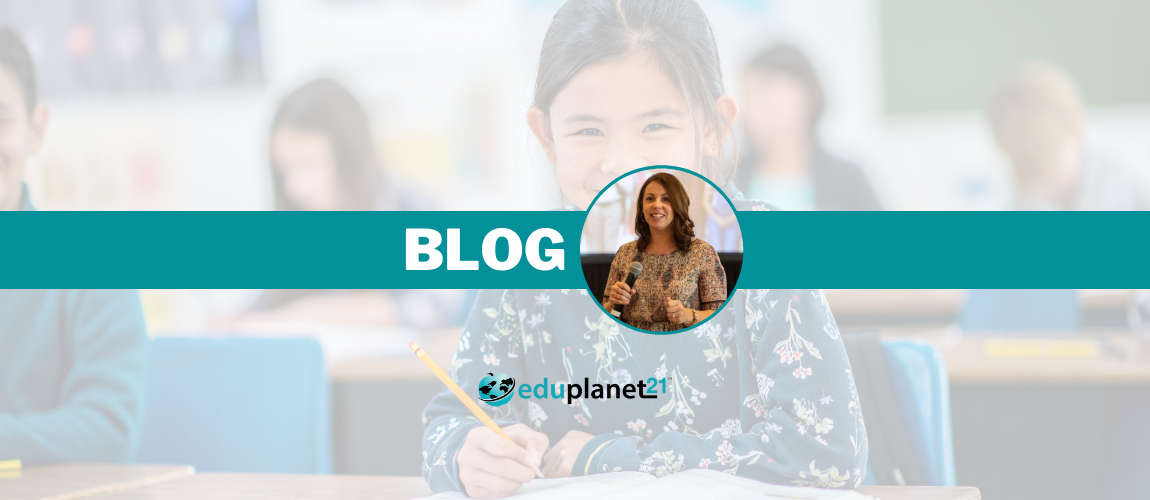Educators know that their job neither begins nor ends at the classroom door. They are preparing students not just for a test at the end of the month or a project at the end of the school year. They are preparing them for life, and students come to them with experiences, perspectives, and challenges that stretch beyond the brief time teachers spend with them. In order to make sure that educators are doing their jobs and giving their students the skills they need to succeed, they need to address their social and emotional learning (SEL) needs as well as their academic ones.
As defined by the Collaborative for Academic, Social, and Emotional Learning (CASEL), SEL is the term for “the process through which children and adults acquire and effectively apply the knowledge, attitudes, and skills necessary to understand and manage emotions, set and achieve positive goals, feel and show empathy for others, establish and maintain positive relationships, and make responsible decisions.” To put it simply, SEL is what allows students to have the foundations that make all of their other learning useful and applicable to their lives.
A 2011 meta-study of over 200 schools ranging from kindergarten to 12th grade found that students who have their social and emotional learning needs met through SEL-specific programming showed an 11-point percentile achievement increase. While virtually all (98%) of principals recognize that SEL skills are necessary, many schools struggle to find the time and resources to place SEL programming into the curriculum.
Luckily, SEL is something that can be brought into the classroom in small and subtle ways that compliment existing lesson plans and learning strategies. Doing so effectively is best accomplished when teachers receive the training and resources to bring in SEL lessons with confidence and skills.
Since social and emotional aspects underpin all learning experiences, any classroom can become the site of SEL practices. Physical education teachers have found ways to bring SEL into games and even into recess playtime. Morning meetings that allow teachers to build a sense of community within their classrooms take up a relatively small amount of time but have a tremendous payoff.
By building up a toolbox of meaningful SEL strategies that are either multidisciplinary or discipline-specific, teachers can build social and emotional practices into their existing curriculum structure seamlessly. The added benefit is that rather than taking time and energy away from the discipline-specific learning, these SEL strategies actually enhance students’ performance academically, making a commitment to SEL a true win-win from any perspective. Some teachers have even reported that SEL training makes their own workloads and professional challenges easier to manage as they benefit from the practices firsthand.
Eduplanet21 is dedicated to helping teachers build the tools they need to bring SEL into the classroom with ease and confidence. With specific professional development opportunities to address K-5th grades and 6th-12th grades, educators are sure to complete their training with actionable, meaningful strategies to bring into the classroom right away.
